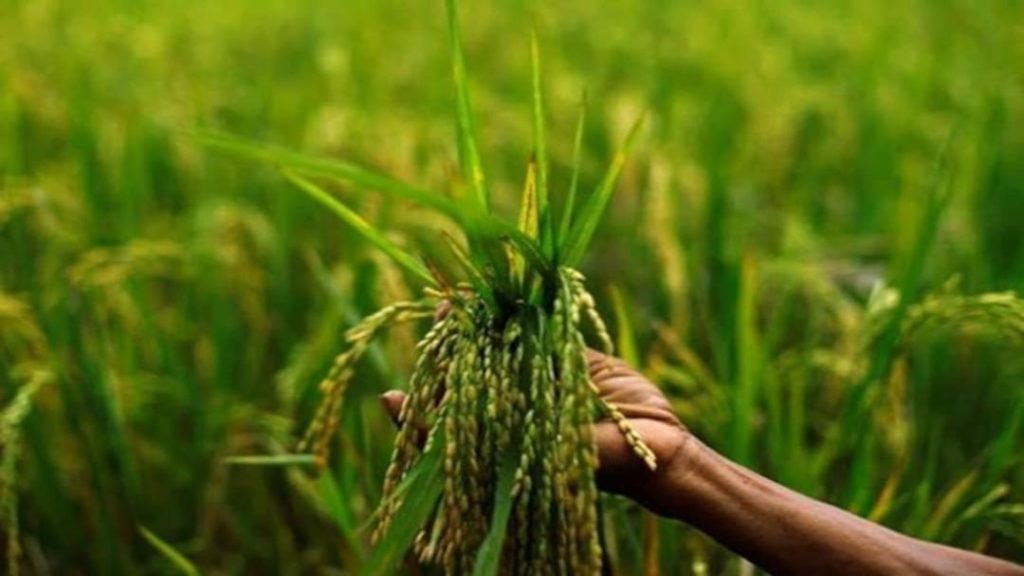
India Cutting Chenab’s Supply Will Increase Water Shortage & Impact Crops, Accepts Pakistan
In a recent development, Pakistan’s Indus River System Authority (IRSA) has accepted that India’s decision to cut the flow of Chenab river after the suspension of the Indus Waters Treaty would increase water shortages across the country. According to IRSA, this move will also impact the kharif crops, which are already estimated to face a shortage of 21% for the remaining early kharif season. Furthermore, the water shortage in the late kharif season is estimated to be 7%.
The Indus Waters Treaty was signed in 1960 between India and Pakistan, which aimed to resolve the issue of water sharing between the two countries. However, in recent years, tensions have risen over the issue, with India’s decision to suspend the treaty in December 2020. Pakistan has been accusing India of violating the treaty and not respecting its water rights.
Pakistan’s IRSA, which is responsible for managing the country’s water resources, has been monitoring the water flow in the Chenab river and has confirmed that India has been cutting the supply of water to Pakistan. The authority has warned that this would have severe consequences for Pakistan’s agricultural sector, which relies heavily on the river for irrigation.
The 21% shortage in kharif crops is a significant concern for Pakistan, as the kharif crop season is the most important period for the country’s agricultural sector. The crops that are affected include rice, cotton, and wheat, which are critical for Pakistan’s food security. The shortage is expected to have a ripple effect on the economy, with losses estimated to be in billions of dollars.
The 7% shortage in the late kharif season is also a cause for concern, as it would impact the country’s winter crops, including wheat and barley. The shortage would also affect the country’s livestock sector, which relies on the river for drinking water and fodder.
Pakistan has been urging India to respect the Indus Waters Treaty and to resume the water supply to the Chenab river. However, India has refused to budge, citing national security concerns and the need to build a dam on the river.
The suspension of the Indus Waters Treaty has sent shockwaves across the region, with concerns that it could lead to a water war between the two countries. Pakistan has been accused of using the treaty as a tool to blackmail India, while India has been accused of violating the treaty and not respecting Pakistan’s water rights.
The situation is further complicated by the fact that the two countries have a history of tensions and conflicts over water sharing. In the past, Pakistan has accused India of diverting water from the Indus River, which has led to droughts and water shortages in Pakistan.
The current crisis has raised concerns about the future of the Indus Waters Treaty and the prospects for peace in the region. The treaty was seen as a symbol of cooperation and friendship between the two countries, but its suspension has sent a negative signal to the world.
Pakistan’s IRSA has called on the international community to intervene and resolve the issue. The authority has also urged India to respect the treaty and to resume the water supply to the Chenab river. The situation is being closely monitored by international organizations, including the World Bank, which is a party to the treaty.
In conclusion, India’s decision to cut the flow of Chenab river after the suspension of the Indus Waters Treaty will have severe consequences for Pakistan’s water resources and agricultural sector. The shortage of water will impact kharif crops, which are already facing a shortage of 21%, and will also affect the country’s livestock sector. Pakistan has urged India to respect the treaty and to resume the water supply to the Chenab river, but so far, India has refused to budge. The situation is a cause for concern for the region and the international community, and it remains to be seen how it will be resolved.
News Source: https://x.com/TimesNow/status/1919429995526520980






